Now you know that sleep is important, and you know — from the first part of this guide about sleep on cycle — how it affects your muscles.
What if you are, unfortunately, one of those who get sleep issues on cycle? Is it a tragedy? Hell no. The good news is — there’s a ton of things you can actually do:
- Work out even more;
- Work on your sleep hygiene;
- Take Melatonin;
- Take calming herbal compounds;
- Take some sleeping pills.
Get Really — and We Mean Really — Tired
When you push your body to a point of heightened fatigue through physical or mental exertion, it triggers a cascade of physiological responses.
Intense exercise, for instance, elevates your core body temperature and stimulates the release of endorphins. This combination creates a powerful cocktail that can promote a more rapid transition into sleep later.
The subsequent drop in body temperature after exercise, coupled with the natural release of endorphins, helps relax your mind and body, setting the stage for a quicker and deeper slumber.
Don't shy away from pushing your limits during the day. Embrace the fatigue: after all, it’s beneficial for your gains as well.
Work on your sleep hygiene
Proper sleep takes discipline. In our age of screens and distractions, your hormonal balance and circadian rhythms may be disrupted from the start, and steroids just add to this mess. If this is the case for you, you can limit the negative factors by working on your sleep hygiene:
Establish a Consistent Sleep Schedule
Your body operates on a circadian rhythm, a natural internal clock that regulates your sleep-wake cycle. Going to bed and waking up at the same time every day, even on weekends, helps synchronize your body's sleep patterns.
Create a Relaxing Bedtime Routine
Establish a routine that includes soothing activities such as reading a book (William Llewellyn’ “Anabolics”, the 500th edition will do), taking a warm bath, or practicing relaxation techniques like deep breathing or meditation and visualizing your future gains.
These practices can help calm your mind and prepare it for sleep much better than watching intense drama on Netflix, scrolling through furious discussions on forums, or playing some dopamine-milking games on your phone.
Optimize Your Sleep Environment
Keep the room cool, dark, and quiet. These conditions are ideal for promoting sleep. Consider using earplugs, eye shades, or white noise podcasts if necessary to block out disturbances and create a peaceful atmosphere.
Sounds silly? Remember that your gains are at stake.
Limit Exposure to All Devices Before Bed
The light emitted by smartphones, tablets, and your laptop can interfere with your sleep by suppressing the production of melatonin. Avoid using anything with a screen for at least an hour before bed.
No, we’re not talking about the “blue light” and complete pitch-black room. The infamous blue light and sleep correlation is in the process of being debunked now. ANY intense light can strip you from the essential rest.
Seriously: Netflix IS bad for your sleep. [4]
Think about caffeine intake
Caffeine is one cruel thing. A cup of espresso is still active in your body after 6 hours, though you get less obvious energizing effects. Same goes for caffeine in your pre-workout drinks.
Yes, you will have a hard time falling asleep before, say, 22:00 if you had a huge portion of anything caffeine-based before your workout at 16:00.
Take Melatonin
Melatonin supplements primarily work by mimicking the natural rise in melatonin levels that occurs in the evening, signaling to your body that it's time to prepare for sleep [1].
Once ingested, melatonin is absorbed into the bloodstream and binds to specific receptors in the brain, particularly in the suprachiasmatic nucleus, which is responsible for regulating the body's circadian rhythm.
Once connected to a receptor, melatonin helps to synchronize and reinforce the natural sleep-wake cycle, promoting drowsiness and facilitating the transition into sleep.
It’s a weak option, not guaranteed to be effective, but it’s still there. One of the best things about melatonin is that it’s pretty much harmless, you can’t overdose on it, it has no sides, and it takes a whole month to develop tolerance with daily use. A month is more than enough to develop a sleep routine that will work naturally.
Calming Herbal Substances
You can boost all the steps above with little to no risks with all sorts of herbal stuff:
- Valerian root is believed to enhance the levels of gamma-aminobutyric acid (GABA). Some studies suggest it may reduce the time it takes to fall asleep and improve sleep quality, though the evidence isn't overwhelmingly convincing [2];
- Chamomile contains compounds that may interact with receptors in the brain, promoting relaxation. While chamomile may help some individuals wind down and prepare for sleep, don't expect it to knock you out like a tranquilizer. It's more of a gentle nudge towards sleep;
- Lemon balm has been used traditionally to reduce anxiety and promote relaxation. It may help improve sleep quality, but don't expect it to magically eliminate your insomnia. Its effects are modest at best, so temper your expectations accordingly.
As always, with herbs, there’s literally no way to say whether it will work for you, or not. But those compounds are harmless, and you can give each of them a risk-free try.
Adjust your doses
If you're done polishing your sleep routine, drinking liters of soothing tea before bedtime, reading before bedtime, and still can’t fall asleep properly, there might be another issue: your doses.
Ask yourself: could it be that you’re trying to combat sleep disruption from an inhumane dose of 700mg of Tren Ace with some camomile tea?
If yes, or your dose of any other stuff is equivalent to the one above, no wonder you can’t fall asleep. Anabolic steroids, including Nandrolone, Testosterone, and all orals, have a dose-dependent side effect profile. Sure, it is debated, and some studies [3] show that there’s “No association between psychiatric symptoms and doses of anabolic steroids”, but we don’t have enough studies on it to be sure, and the one above is on all psychological effects, not just sleep.
Lower your dosage a bit and keep an eye on how your sleep patterns react. Keep in mind that if you don’t sleep well, that exaggerated dose has a limited effect anyway.
Final Word
Aside from the traditional "light" methods above, there’s one more way: sleeping pills.
Sleeping aid can be a perfect tool to create order from chaos and turn your messed up sleep schedule into something structured and beneficial both for your health and your muscles.
However, it works ONLY if you take them right, and if you take the right compounds. Read more about the best sleeping pills on the market today in the next part of this guide. And check them out in the store, of course.
References
- The effectiveness of melatonin for promoting healthy sleep: a rapid evidence assessment of the literature — https://www.ncbi.nlm.nih.gov/pmc/articles/PMC4273450/;
- Valerian for Sleep: A Systematic Review and Meta-Analysis — https://www.ncbi.nlm.nih.gov/pmc/articles/PMC4394901/;
- No association between psychiatric symptoms and doses of anabolic steroids in a cohort of male and female bodybuilders — https://pubmed.ncbi.nlm.nih.gov/35092181/;
- Binge-watching: a modern approach to ruining sleep — https://www.sleepstation.org.uk/articles/sleep-tips/netflix-and-sleep/.


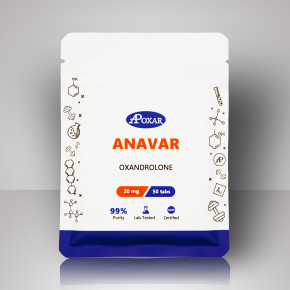
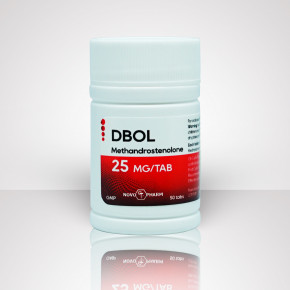



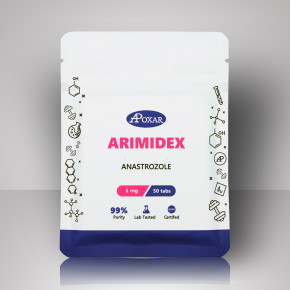
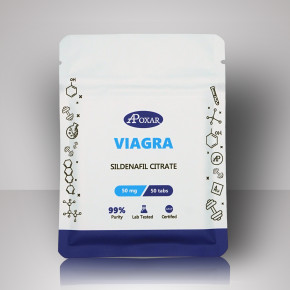
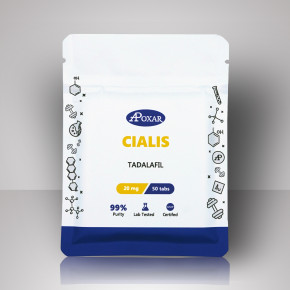
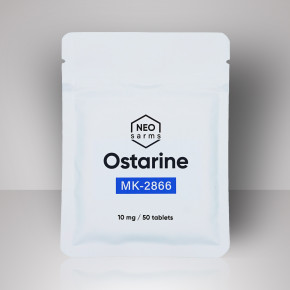
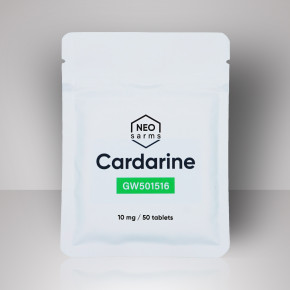




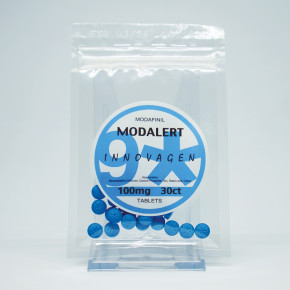

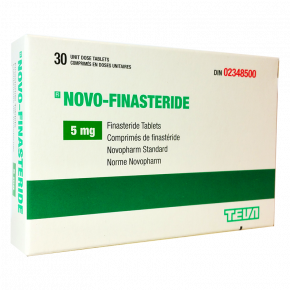
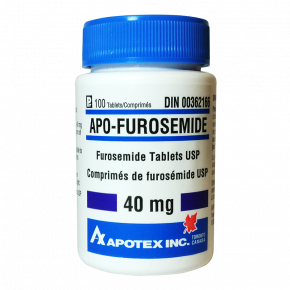



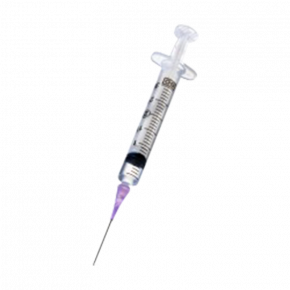


 Proudly Serving Canadians Since 2012
Proudly Serving Canadians Since 2012